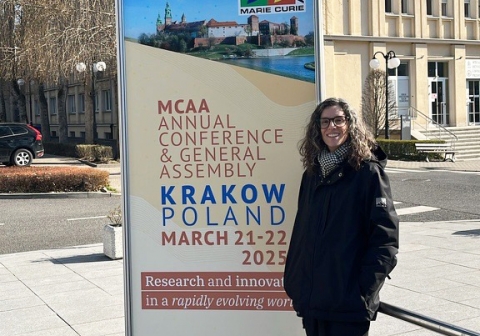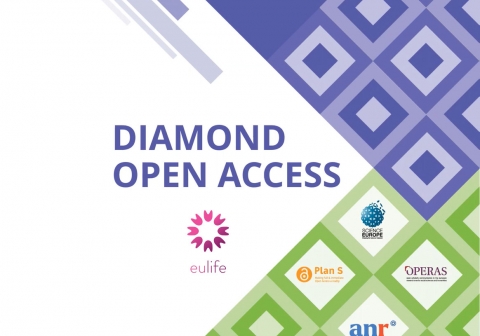Data management at research institutes : challenges and solutions
The EU-LIFE Community meeting held in Milan in November gave the opportunity to organize a roundtable discussion on Open Science focused on Open and FAIR data. Sabina Leonelli, professor of Philosophy and History of Science, University of Exeter, joined this round table discussion about “Data management at research institutes – challenges and solutions” - along with EU-LIFE speakers, Giuseppe Testa, Director of the Stem Cell epigenetics unit at IEO and Henri van Luenen, Director of Operations at NKI.
Sabina Leonelli recently published a commentary in Nature about the last 150 years of research data, evolving from “objects” to valuable “assets” for our society. We can think of personalized medicine or climate change, as two examples, to understand the important and driving role of research data in tackling these global challenges.
Since the 1970s, every discipline started building infrastructures to share data globally. These years also saw the development of “big science” and large international collaborations, including the creation of CERN, Europe’s particle-physics laboratory near Geneva.
In biology, big projects and big data have seen an explosion during the XXI century, thanks to important technology developments that allow measuring and gathering large quantity of data on genes, proteins, cells, organisms and populations.
Over the past few decades, the Open Science movement calls for data sharing and reusability (FAIR). The reasons are multiple, from improving transparency, reproducibility and efficiency to bettering research, avoiding duplication and tackling global challenges. The European Commission is a strong promoter of Open Science, and Open and FAIR data, launching new policies and infrastructures – such as the European Open Science Cloud but also multiple European research infrastructures (such as ELIXIR for the life sciences community).
What is the role of European Research Institutes, such as those belonging to EU-LIFE, in research data management? What is the role of researchers? What are the challenges and opportunities, especially in biomedical research? What best practices, policies and actions can we concretely push forward together in EU-LIFE to ensure that the research data we produce are valuable assets for the research community and society?
During this round table, we heard about the latest research from Sabina Leonelli. Sabina also gave an overview on the current European political landscape. Giuseppe Testa, group leader at IEO, from the perspective of a biomedical researcher, and Henri van Luenen, director of operations at NKI, presented views on research data from the perspective of a research institute. The last part of the session was open to discuss with the audience and to brainstorm about potential actions from the EU-LIFE community.




